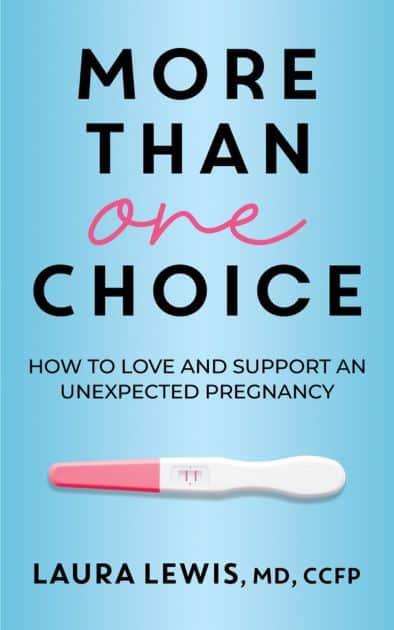Why Should You Care?
November 2022
by Laura Lewis MD, CCFP
Most of us do not pay attention to concerns or risks unless we feel they may directly affect us or someone we care about. Whether a tragedy far from us or a crisis we read about in the news – if we are unaffected by it, we often do not care.
Yet sometimes, the ignored threat expands, the risk draws near, and it is then that we pause and consider if we might be next, and if maybe we should care.
Now is the time for every Canadian to think of a charity they care deeply about and consider the looming threat. Pregnancy care centres are the current charity target of a politically motivated “values test,” but which group might be next? What if the next government in power has different opinions on complex and nuanced matters, will there be procedural fairness and consistency in how these opinions are handled? Is there protection for the charitable safety net in our nation?
It is time to care – there is a general threat to the charitable sector.
The Prime Minister’s office released a mandate letter in December 2021, instructing the Deputy Prime Minister and Minister of Finance to change the Income Tax Act so that “anti-abortion organizations that provide dishonest counselling to pregnant women about their rights and options” are ineligible for charitable status.[i]
The concern is not about dishonest counselling – Pregnancy Care Canada agrees that dishonest counselling is not acceptable. As a national, best-practice organization, we agree with the goals of integrity and authenticity. We agree that well-considered and vetted guidelines and measures should be in place to protect the public and vulnerable clients seeking help at a charity. But we are asking:
- How exactly will “dishonesty” be determined?
- How can a problem be solved when it is not first defined?
- How does a federal mandate institute solutions to a problem yet to be clearly identified?
It could get messy.
As a Canadian, you should care because the charity you love and support may be the next one caught in unclear policies.
You should care because this politically motivated values test targets the vulnerable women the mandate claims to protect.
The Pregnancy Care Canada network of over 80 affiliated centres cares for thousands of clients each year. These centres have charitable status, which reflects compliance with the robust standards of the Canadian Revenue Agency. Today, these centres face unwarranted criticism and risk to their charitable status.
In 2021, the combined network of PCC-affiliated centres cared for over 31,000 individual clients – many of whom would be considered vulnerable and marginalized, whether due to housing insecurity, poverty, relationship instability, or the many other challenges involved with an unexpected pregnancy.
These 31,000 individuals reached out and asked for help, and help was provided free of charge. This help might have looked like someone sitting down with them and providing them with medically accurate information about their pregnancy options. It might have been material support: clothing, diapers, baby items, etc. Or clients might have participated in parenting classes or prenatal education or received support after an abortion or pregnancy loss.
Regardless of one’s opinion or ideology, local pregnancy care centres serve the public good and provide significant value to Canadian taxpayers. Pregnancy care centres are charity in action. They fill a gap and are an important and legitimate part of the Canadian charitable safety net.
This is why you should care.
Find out more about what you can do here.
Find out more about Pregnancy Care Canada here.
Originally published on the Pregnancy Care Canada blog.
Endnotes
[i] Office of the Prime Minister of Canada. “Deputy Prime Minister and Minister of Finance Mandate Letter,” December 16, 2021.


